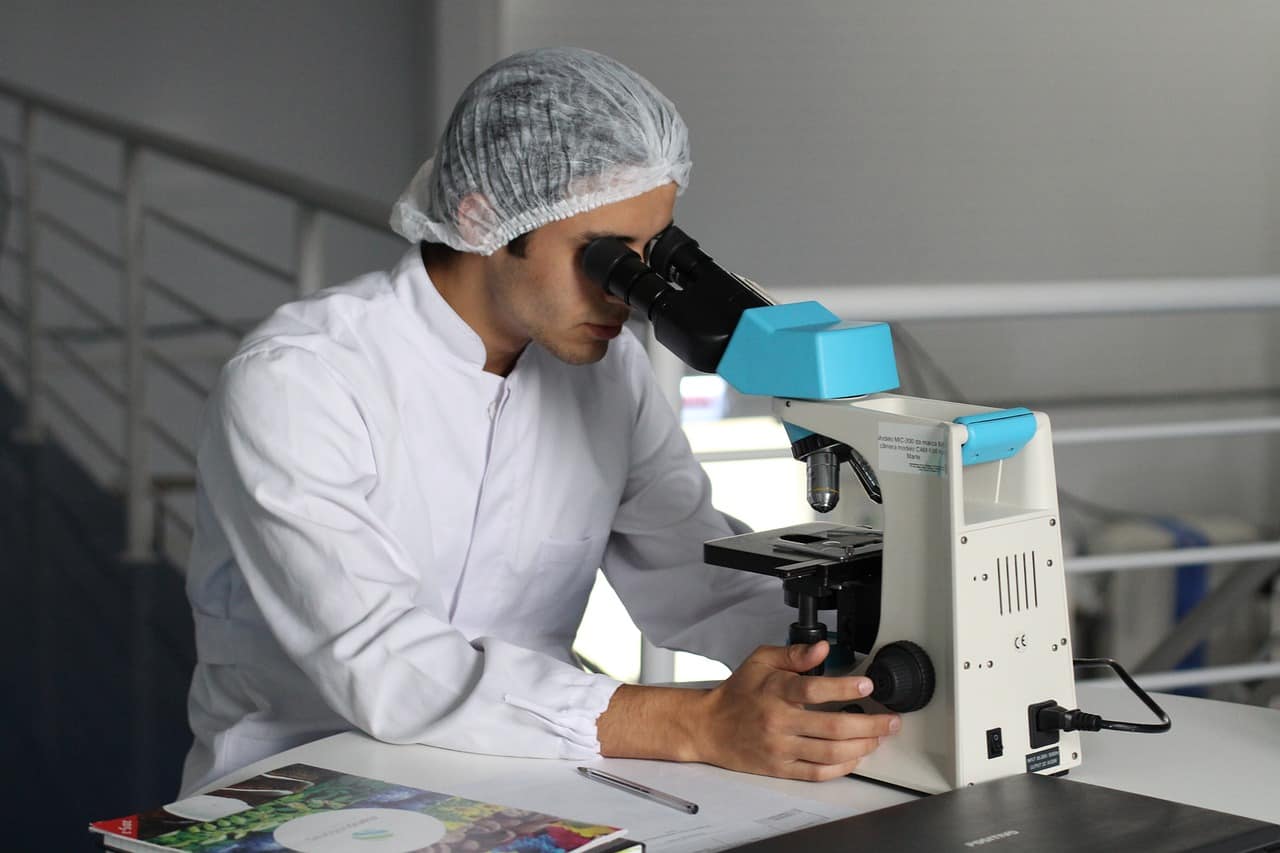When one ponders the inescapable finitude of life, the concept of donating one’s body to science can emerge as a benevolent and selfless consideration. As a mortal being, the capacity to contribute to the advancement of medical knowledge and the betterment of society even after our demise is an extraordinary opportunity. This act of altruism not only aids the scientific community in its pursuit of enlightenment but also provides an alternative to traditional funeral arrangements such as direct cremations, direct burials, and eco-friendly funerals. As a distinguished online funeral director, Newrest Funerals specialises in a wide range of services, including support for those interested in bequeathing their bodies to scientific endeavours. By electing to donate one’s mortal remains to science, an individual partakes in a profound legacy, fostering progress in medical research and education, while also reducing the environmental impact of conventional burial methods. This choice has the potential to yield far-reaching benefits for future generations, imbuing the end of life with enduring significance and purpose.
Navigating the Anatomical Bequest Process
Embarking on the journey of anatomical donation requires thorough research and careful planning. The initial step is to familiarise oneself with the intricacies of the Human Tissue Authority (HTA), the esteemed regulatory body that oversees the ethical utilisation of human tissue in the United Kingdom. The HTA provides comprehensive guidance on the process, including the necessary consent forms and a list of licenced institutions accepting body donations.

Upon selecting an appropriate institution, communication with the establishment is imperative. Each facility may have specific prerequisites for acceptance, such as age limits or health criteria, and it is crucial to discuss these stipulations in advance. Following an agreement, a consent form must be completed and submitted, accompanied by a copy of one’s identification. It is also advisable to inform family members and legal representatives of the decision, ensuring that all parties involved are aware of the intentions and procedures.
What Is The Process?
While the act of donating one’s body to science is indeed commendable, there are potential limitations to consider. Bodies may be declined due to the presence of infectious diseases or insufficient research requirements at the time of death. Thus, it is prudent to have alternative arrangements in place, such as engaging the services of a funeral director like Newrest Funerals to facilitate a dignified and respectful farewell.
In conclusion, the decision to donate one’s body to science is a monumental act of generosity, paving the way for medical advancements and the amelioration of human suffering. However, navigating the complexities of anatomical bequests necessitates diligence and preparation.
Contact Newrest Funerals Today
To ensure that your final wishes are honoured and carried out with the utmost professionalism, contact Newrest Funerals. Our experienced team is well-versed in the intricacies of body donation, as well as a multitude of alternative funeral arrangements, ensuring that you receive the compassionate support and guidance you deserve.


